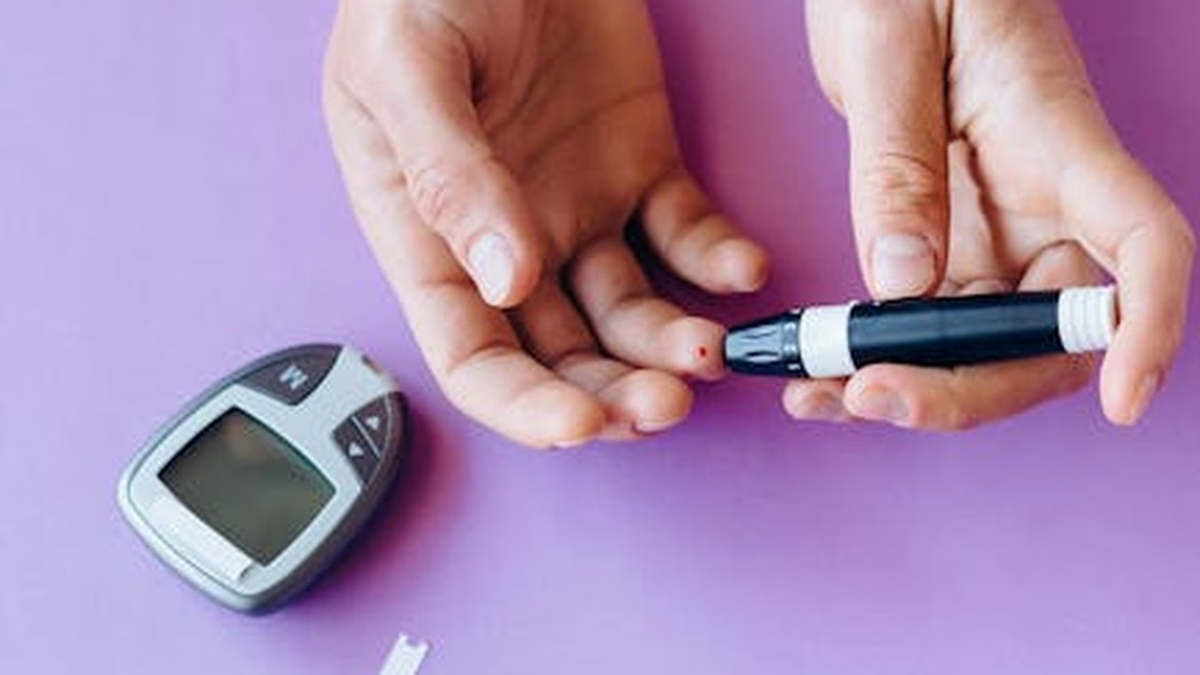Brain Supplements: Separating Fact from Fiction in the Cognitive Enhancement Market
The Allure of Enhanced Cognition: Navigating the World of Brain Supplements
In today’s fast-paced world, the desire for a cognitive edge is stronger than ever. This has fueled a booming market for brain supplements, also known as cognitive enhancement supplements or nootropics. But with so many products promising improved memory, focus, and overall brain function, it’s crucial to separate the hype from the reality. Are these brain supplements truly effective, or are they just clever marketing ploys? This article will explore the world of supplements for brain health, helping you navigate the complexities and make informed decisions.
Understanding Brain Supplements and Nootropics
The term “nootropic” was coined in the 1970s to describe substances that enhance cognition. Today, it’s often used interchangeably with brain supplements, although the term can also encompass prescription medications used off-label for cognitive enhancement. The range of available brain supplements is vast, including everything from vitamins and minerals to herbal extracts and synthetic compounds.
Common Types of Cognitive Enhancement Supplements
- Vitamins and Minerals: B vitamins, vitamin D, and magnesium are essential for brain health and function. Deficiencies in these nutrients can impair cognitive performance.
- Herbal Extracts: Popular choices include Ginkgo Biloba, Bacopa Monnieri, and Ginseng, which are believed to improve memory, focus, and overall cognitive function.
- Amino Acids: L-Theanine and Creatine are amino acids that have shown promise in enhancing cognitive performance, particularly in combination with caffeine.
- Omega-3 Fatty Acids: Found in fish oil, omega-3s are crucial for brain health and development.
Do Brain Health Supplements Really Work? Examining the Evidence
This is the million-dollar question. The answer, unfortunately, is not a simple yes or no. The nootropics effectiveness varies greatly depending on the specific supplement, the individual taking it, and their underlying health conditions. Some brain supplements have shown promising results in clinical trials, while others lack sufficient scientific evidence to support their claims.
Supplements with Some Scientific Backing
- Omega-3 Fatty Acids: Studies suggest that omega-3s can improve cognitive function, especially in older adults. A meta-analysis published in Alzheimer’s & Dementia found a modest but significant association between omega-3 intake and reduced risk of cognitive decline.
- Creatine: Research indicates that creatine supplementation can improve cognitive performance, particularly in tasks requiring short-term memory and reasoning skills.
- Bacopa Monnieri: Some studies have shown that Bacopa Monnieri can improve memory and cognitive function, particularly after several weeks or months of consistent use.
Pumpkin Detox: Post-Halloween Cleanse…
Supplements with Limited or Conflicting Evidence
- Ginkgo Biloba: While traditionally used to improve memory, studies on Ginkgo Biloba have yielded mixed results. Some studies show no significant benefit, while others suggest a modest improvement in cognitive function.
- Ginseng: Similar to Ginkgo Biloba, the evidence supporting the cognitive benefits of Ginseng is inconsistent.
Are There Any Risks Associated with Taking Brain Supplements?
Yes. Like any supplement, brain supplements can have potential side effects and risks. It’s essential to be aware of these risks before starting any new supplement regimen.
Potential Risks and Side Effects
- Interactions with Medications: Some brain supplements can interact with prescription medications, potentially leading to adverse effects. It’s crucial to consult with a healthcare professional before taking any new supplement, especially if you are currently taking medication.
- Side Effects: Common side effects of brain supplements include headaches, nausea, digestive issues, and insomnia.
- Lack of Regulation: The supplement industry is not as heavily regulated as the pharmaceutical industry. This means that the quality and purity of brain supplements can vary widely.
- Overstated Claims: Many brain supplements are marketed with exaggerated claims that are not supported by scientific evidence.
Choosing the Right Brain Supplements: A Practical Guide
If you’re considering taking brain supplements, it’s important to approach the decision with caution and do your research. Here are some tips to help you make informed choices:
Tips for Selecting Brain Health Supplements
- Consult with a Healthcare Professional: Talk to your doctor or a registered dietitian before taking any new supplement. They can help you determine if a supplement is right for you and can advise you on potential risks and interactions.
- Do Your Research: Look for supplements that have been studied in clinical trials and have shown promising results.
- Choose Reputable Brands: Select brain supplements from reputable manufacturers that adhere to good manufacturing practices (GMP).
- Read Labels Carefully: Pay attention to the ingredients list, dosage instructions, and potential side effects.
- Start with a Low Dose: When trying a new supplement, start with a low dose and gradually increase it as needed.
- Monitor Your Response: Pay attention to how you feel after taking the supplement. If you experience any negative side effects, stop taking it immediately.
Beyond Supplements: Holistic Approaches to Brain Health
While brain supplements may offer some brain health supplements benefits, they are not a magic bullet. A healthy lifestyle is essential for optimal brain function. Here are some key lifestyle factors to consider:
Lifestyle Factors for Brain Health
- Healthy Diet: Eat a balanced diet rich in fruits, vegetables, whole grains, and lean protein.
- Regular Exercise: Physical activity has been shown to improve cognitive function and reduce the risk of cognitive decline.
- Adequate Sleep: Aim for 7-8 hours of quality sleep per night.
- Stress Management: Practice stress-reducing techniques such as yoga, meditation, or deep breathing exercises.
- Mental Stimulation: Engage in activities that challenge your brain, such as reading, learning new skills, or playing brain games.
Conclusion: Making Informed Choices in the Cognitive Enhancement Market
The market for brain supplements is vast and often confusing. While some brain supplements may offer potential cognitive benefits, it’s crucial to approach them with a critical eye and separate fact from fiction. By understanding the science behind these supplements, consulting with a healthcare professional, and adopting a healthy lifestyle, you can make informed choices that support your brain health and well-being. Remember that the best brain health supplements are often part of a holistic approach to wellness, rather than a standalone solution.
Frequently Asked Questions
Q1: Do brain health supplements really work?
This important question is covered in detail in the sections above. Review the related content for comprehensive answers.
Q2: What are the best supplements for cognitive function?
This important question is covered in detail in the sections above. Review the related content for comprehensive answers.
Q3: Are there any risks associated with taking brain supplements?
This important question is covered in detail in the sections above. Review the related content for comprehensive answers.
References & Further Reading
For more information about Brain Health Supplements: Separating Fact from Fiction in the Cognitive Enhancement Market, consider these authoritative sources:
-
Centers for Disease Control and Prevention
Leading national public health institute of the United States.
Source: cdc.gov -
World Health Organization
Global authority on international public health.
Source: who.int -
Mayo Clinic Healthy Lifestyle
Evidence-based health advice from medical experts.
Source: mayoclinic.org
These external resources provide additional scientific and medical insights.






